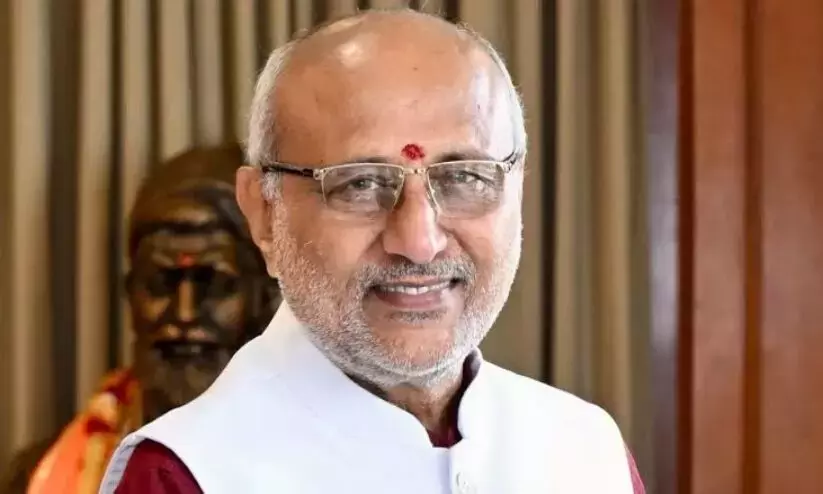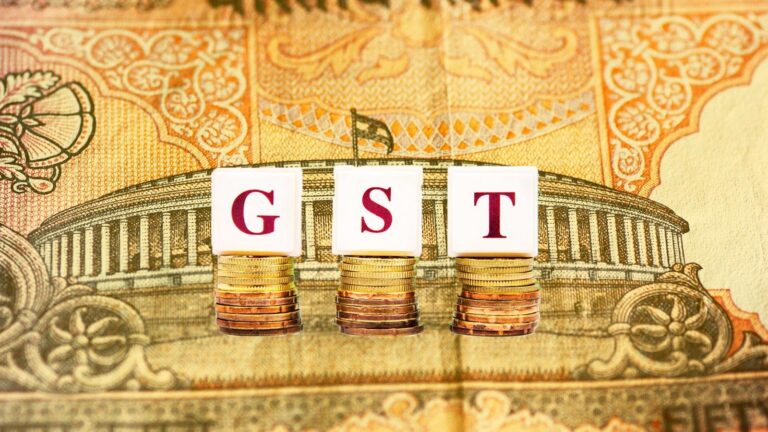
C. P. Radhakrishnan, the Governor of Maharashtra and a veteran BJP leader, secured a decisive victory to become the 15th Vice President of India. He won 452 votes, while opposition candidate and former Supreme Court judge B. Sudershan Reddy received 300.
Consequently, Radhakrishnan entered office with a comfortable margin of 152 votes.
The election took place after Jagdeep Dhankhar resigned in July due to health issues, which created an early vacancy in the post. As Vice President, Radhakrishnan will preside over the Rajya Sabha and act as President if required.
Therefore, his new role carries both symbolic weight and significant constitutional responsibility.
Experience, Vision, and Reactions
Radhakrishnan’s career reflects decades of political experience. He served as a two-time MP from Coimbatore, led the BJP in Tamil Nadu, and governed states including Jharkhand, Telangana, and Maharashtra.
Supporters highlight his discipline and humility, while allies believe these qualities will help him build consensus in the upper house.
After his victory, Radhakrishnan emphasized cooperative federalism, asserting that democracy thrives when the Centre and states work in harmony. In addition, leaders from the ruling alliance hailed his election as a win for accessible and disciplined leadership.
However, opposition leaders acknowledged the outcome but vowed to continue their ideological fight, ensuring that debates in Parliament remain spirited.
The Future Ahead for India as a Nation
As he steps into the role, Radhakrishnan faces the challenge of bridging political divides in a deeply polarized Parliament. His ability to balance firmness with dialogue will likely shape the tone of Rajya Sabha proceedings in the coming years.
With expectations running high, his tenure will test whether his reputation for humility and discipline can translate into effective consensus-building at the national level.
Radhakrishnan’s election ensures continuity in the office after Dhankhar’s early exit. The role will require him to oversee the functioning of the Rajya Sabha and help manage debates between government and opposition benches. Observers note that how he handles these responsibilities will shape his tenure and the working environment of Parliament.
For more updates, stay tuned in with The World Times!



